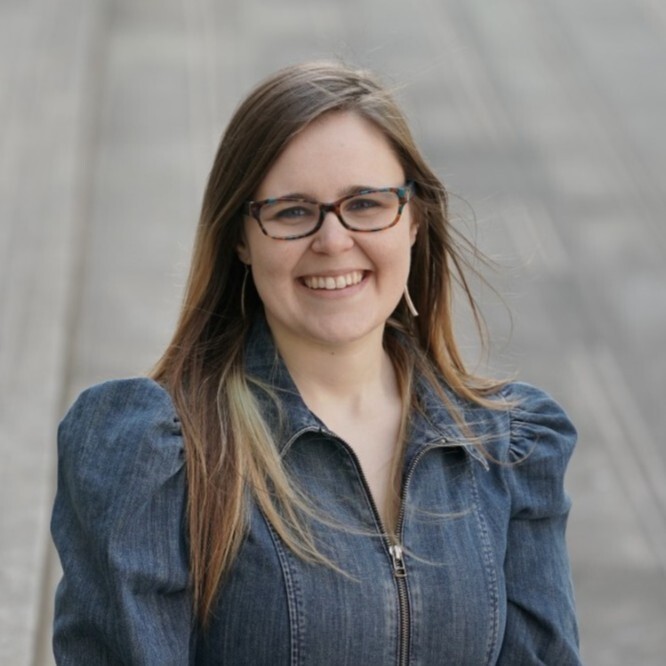
Meet Emily Rogers, Co-Founder at Reath, a Tech Nation Net Zero company that is building the digital infrastructure for circular systems.
Emily Rogers started off her career working in operation, logistics, and inventory management at series A and B start-up companies. This is where she realized how data could be used to apply machine learning algorithms allowing the consumers to make smarter decisions on how to buy and sell things. She learned the art of building a business from the ground up, which she now is implementing in her own venture.
In 2019, Emily and her co-founder, Claire Rampen, started working on Reath, a company that focuses on the safe reuse of items in a circular economy. They create a digital passport on a tracked item which is stamped every time it is used or reused. Emily handles the operations and logistics in the venture, while Claire is responsible for marketing and the commercial aspect. She also has a background in data, therefore they are using the power of data to help people make an informed choice.
Emily shares the idea behind the company with an example. She notes that although many people are switching to a vegan diet to reduce the environmental impact, we often overlook the fact that these products are packed in plastic. This takes us back to square one. However, the real problem is that the choice we have been given is between bad and worse. Reath wishes to provide consumers with both good and bad choices for them to make more informed and easier decisions. They are trying to encourage more people to reuse stuff. They are particularly interested in reusing clean and tested packaging, takeaway containers, and electronics. They are working across industries for the initiative.
At Reath, they are currently focusing on consumer behavior, carbon impact, and the creation of products to reuse for their durability and longevity. They collaborated with Innovate UK, which funded them to develop open data standards to collect data on safe reuse. They want to keep it public so that companies that want to implement reuse can connect with firms that use data in a simpler way. The startup is also working with the NHS to track reusable PPE to support the huge demand and supply chain for the material. They also launched a reusable apron service with a physio clinic. Emily and her team are attempting to determine how reuse can be safe for medical equipment while also reducing waste.
They are currently working to assist various grocery services around the world that are trying to offer zero-waste groceries so that the goods can be delivered to customers without excess packaging or with reusable packaging. Emily notes that more and more businesses want access to sustainable methods and that they can assist in achieving them. Reath has a network through which they connect with businesses of all sizes, whether they are large corporations or small businesses offering their product. This is how they are increasing their client base in order for new businesses to take a more sustainable approach.
When asked about the challenges she is facing, Emily mentions that she spends a lot of time on legal, fundraising, employee contracts, and connecting with lawyers and resources they can trust. She’d rather use the time to work on the product but understands that everything else is also significant for the business and needs equal attention.
Although the startup is currently very new and in its initial stages, it is slowly making a mark. With sustainability being the need of the hour, Reath can actually help businesses reduce waste and help people become more environmentally conscious. Emily is working hard to make the venture a success so that more people get involved in their goal towards a better and healthier environment. She is excited about the growth of the company in the next few years and growing with it herself.